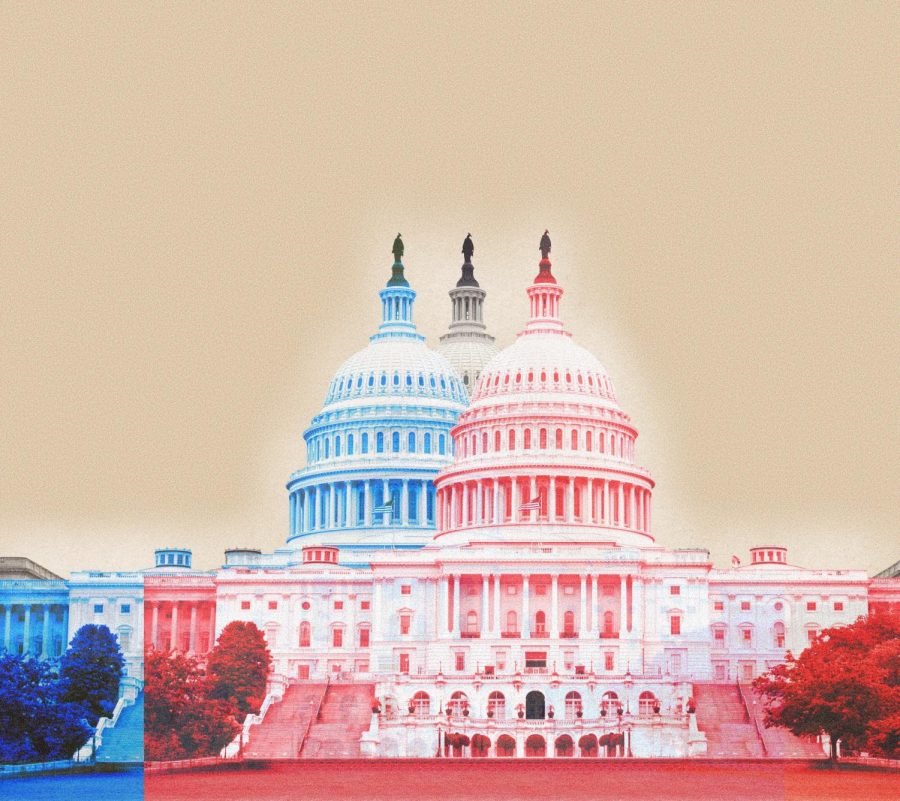by Kaitlyn Hart | Mar 25, 2022 | SUNY-Binghamton
While former President Donald Trump’s new social media network, Truth Social, may end up becoming a “Big Failure” rather than the “Big Tent” it set out to be, alternate social media platforms for conservatives are on the rise. Truth Social is not the first of its...
by Parker Berke | Feb 26, 2022 | University of Chicago
It is common for people to look at the destruction of foreign nations’ democratic institutions with confusion. They wonder how anyone could sit back and allow their government to be destroyed, or not realize the problems happening before their eyes. However, it is not...

by Astrid Weinberg | Feb 25, 2022 | University of Chicago
Impeachment trials are sensationalized events that capture American national attention and media focus. To date, no U.S. president has been removed from office as a result of an impeachment conviction. Such a statistic does not mean that impeachment is an ineffective...
by NSARAYLI17@KU.EDU.TR | Jan 18, 2022 | Koç University
In November 2013, it was the beginning of the protests that changed the future of Ukraine, both from its own citizens and the world. Chenoweth & Stephan suggests in their book of “Why Civil Resistance Works” suggests that nonviolent protests have a greater success...
by Baha Bilgin | Jan 5, 2022 | Koç University
On November 21, 2021, Chile conducted general elections, which included presidential, parliamentary, and regional elections. The general elections were conducted in the midst of a democratic legitimacy crisis that emerged in 2019 with large-scale mass protests about...



